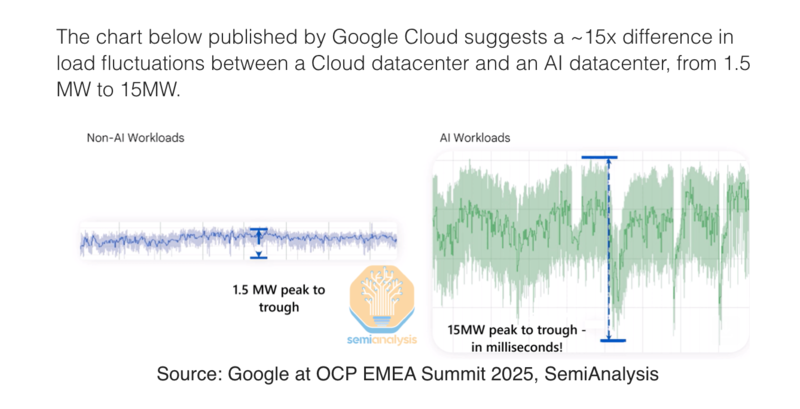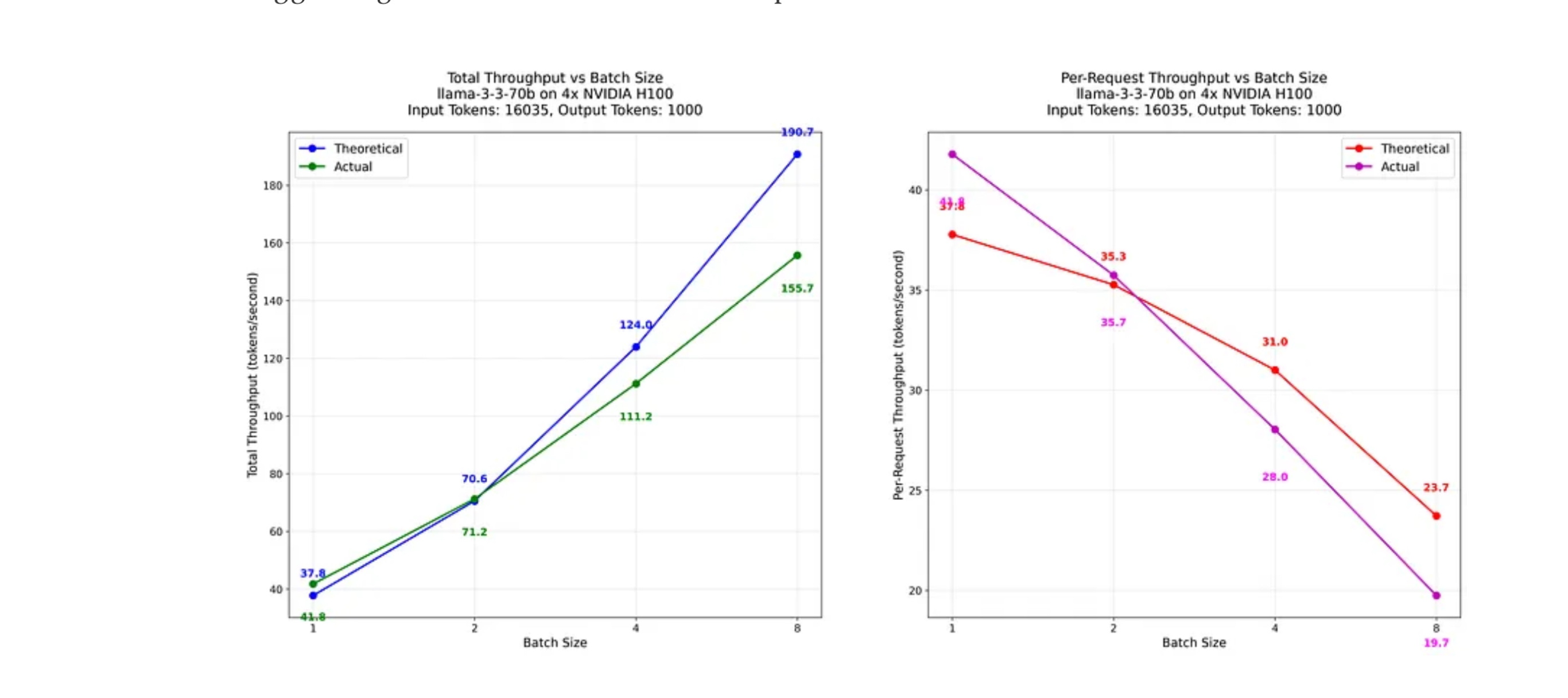
Claude Code - The Missing Manual
A guide on getting productive with Claude Code, Anthropic’s agentic coding tool. This is an update to my original post from mid-2025, incorporating newer patterns around plugins, issue tracking, and skills. Installation You’ll need an either an API key or a Pro/Max subscription. On first start, claude will ask you which you want - I recommend the latter to avoid unmanaged costs. To use a subscription, be logged in to https://claude.ai in a browser and follow the instructions. ...






